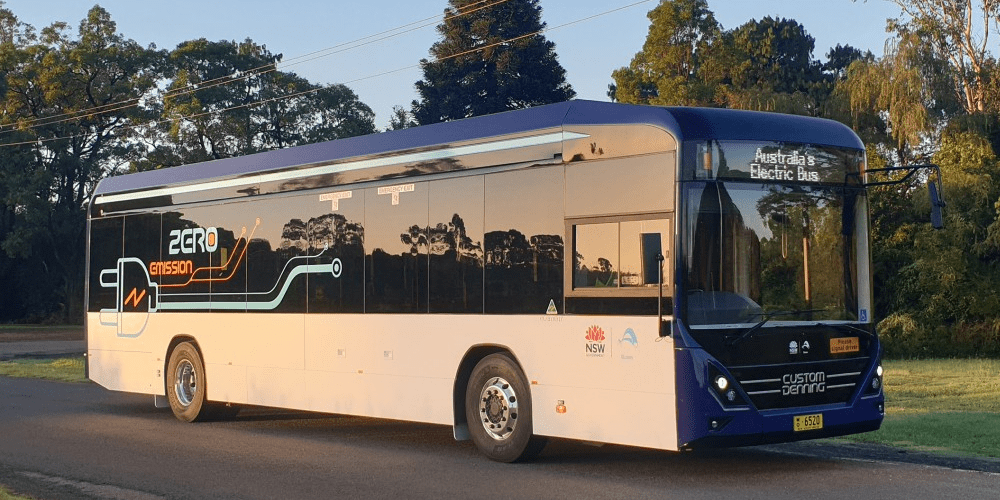Environmental and Economic Advantages of Using an Electric Bus
The electric bus price differs depending on the model, features, and manufacturer. The basic bus with average features may cost around $500 000 up to $800 000. A more advanced bus with all the advanced features will cost you up to $1 million.
Factors like the bus size, battery capacity, the range, and the manufacturer’s location can affect the pricing. It is worth mentioning that government incentives may offset the cost of the electric bus and lower the operating costs compared to conventional diesel buses.
The price could be the reason why some bus operators still use the traditional bus. To help convince them, we have enumerated the economic and environmental advantages of using an electric bus below.
Electric Buses Economic Benefits
The term “economic benefits” describes the positive monetary outcomes you can gain by adopting electric buses.
- It reduces fuel costs. Since electric buses don’t need gasoline or diesel, their owners can expect to save a lot of money on fuel costs over the vehicle’s life.
- An electric bus has fewer moving parts compared to the old combustion engine bus. Thus it requires less maintenance and repair services.
- The total cost of ownership is much lower than usual. The combination of the low fuel and maintenance costs can lead to the owner’s lower cost in total if you use an electric bus.
- Regenerative braking systems on electric buses increase efficiency by capturing energy that would otherwise be lost as heat and converting it into electricity that can be sent back into the battery pack. This can boost the car’s general efficiency and bring down operating costs even more.
Many countries provide financial incentives, such as tax credits and subsidies, to encourage the usage of electric buses and other types of electric vehicles. Because of these incentives, the cost of purchasing and operating electric buses may be brought down even further.
Electric Buses Environmental Benefits
The advantages of using electric buses on the environment are referred to as environmental benefits. Electric buses provide various environmental advantages, for instance:
- While running, electric buses emit no pollutants, which helps to enhance the quality of the air in populated places. Particularly in low-income and communities of color, which are disproportionately affected by air pollution, this can lower the incidence of respiratory illnesses and cardiovascular issues.
- Since they don’t use fossil fuels, electric buses can help lower glasshouse gas emissions and dependency on non-renewable energy sources. Additionally, this can lessen the effects of climate change.
- There may be less noise pollution in populated areas if conventional buses were replaced because electric buses are quieter than buses with combustion engines. Residents that live in close proximity to bus lines may see an improvement in their quality of life as a result of this.
In general, the environmental benefits of electric buses can assist in improving the quality of life for people living in urban areas, address climate change, and improve the health of local populations.



Barry
Barry is an avid outdoorsman who loves spending time in the mountains and fishing. He also enjoy reading and researching about new topics, which I often share with my friends and family. He have a background in law enforcement and currently work as a reference librarian. He am always looking for new opportunities to learn and grow, both personally and professionally.